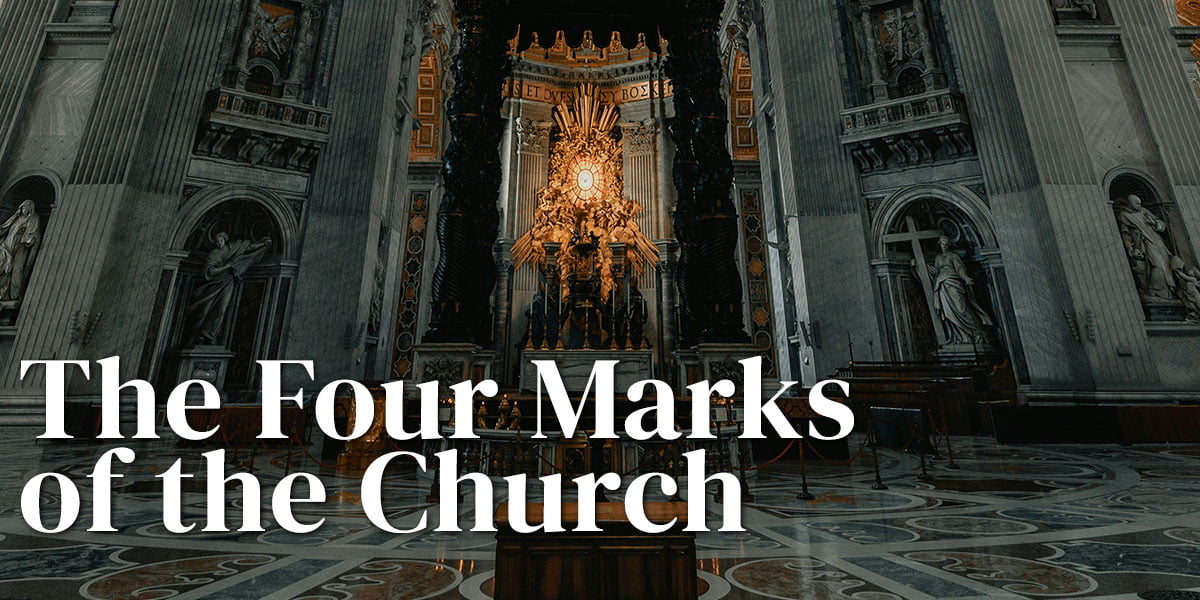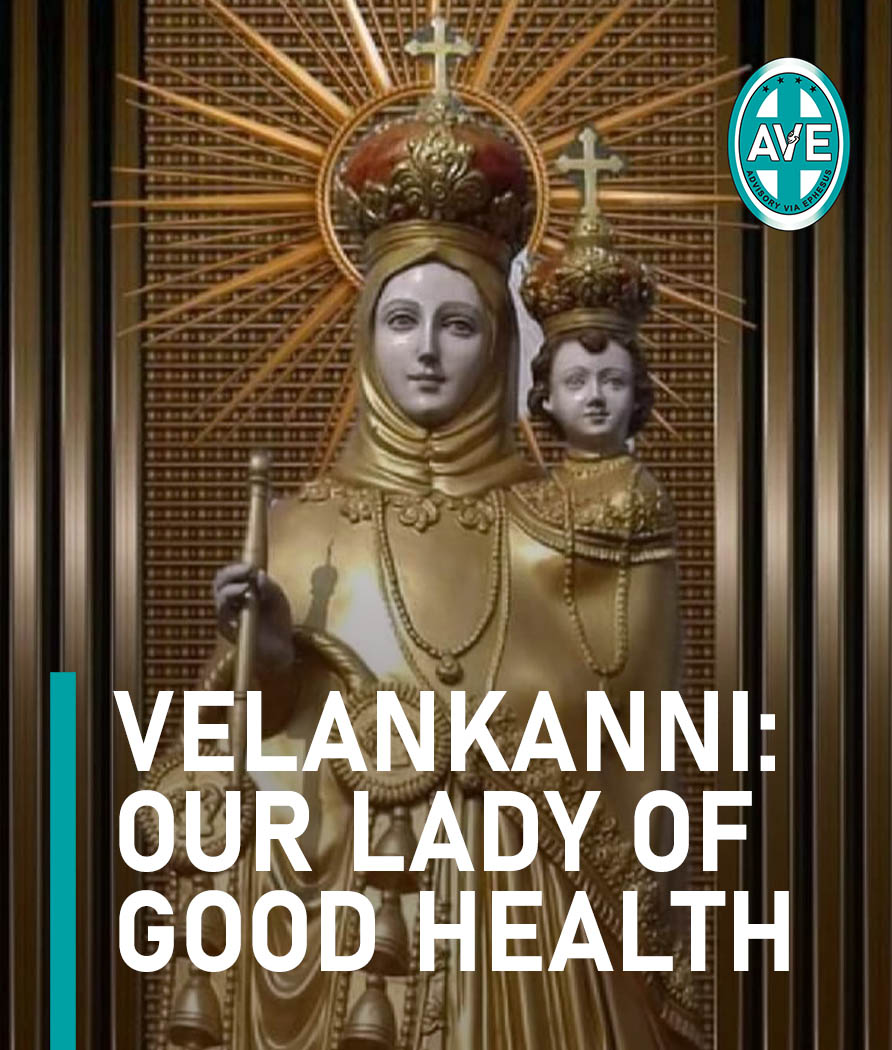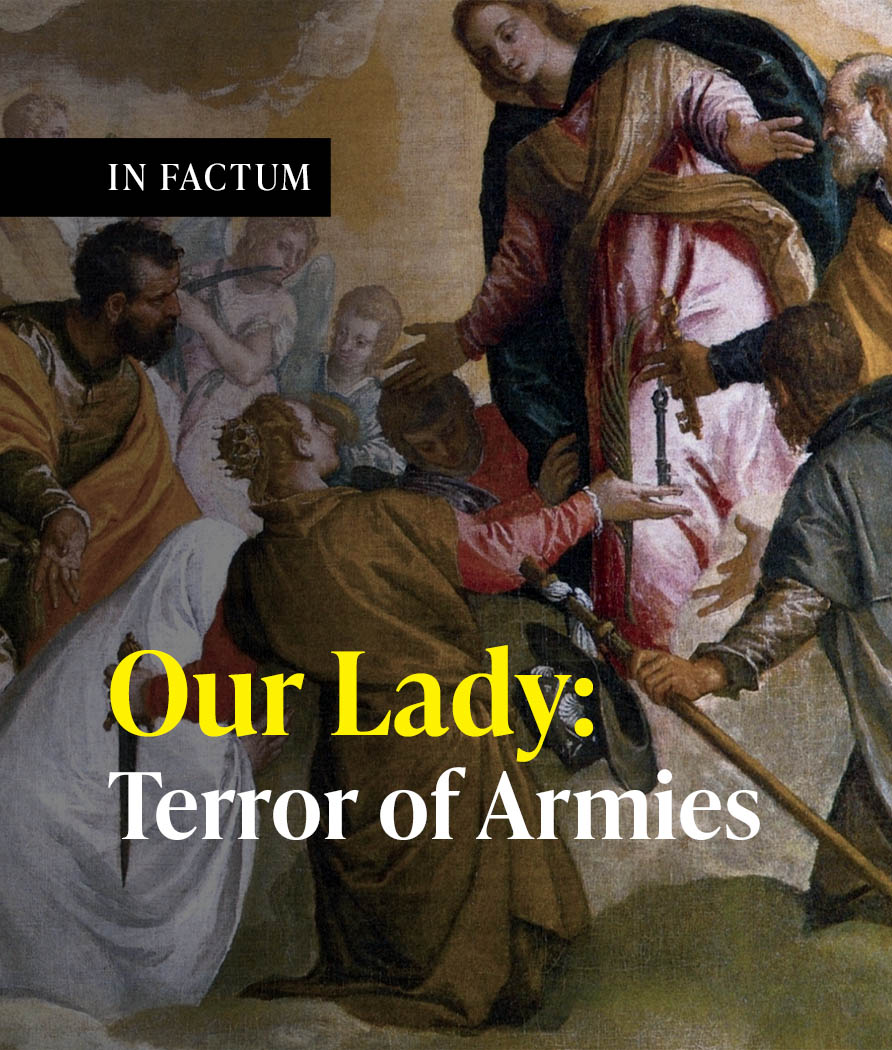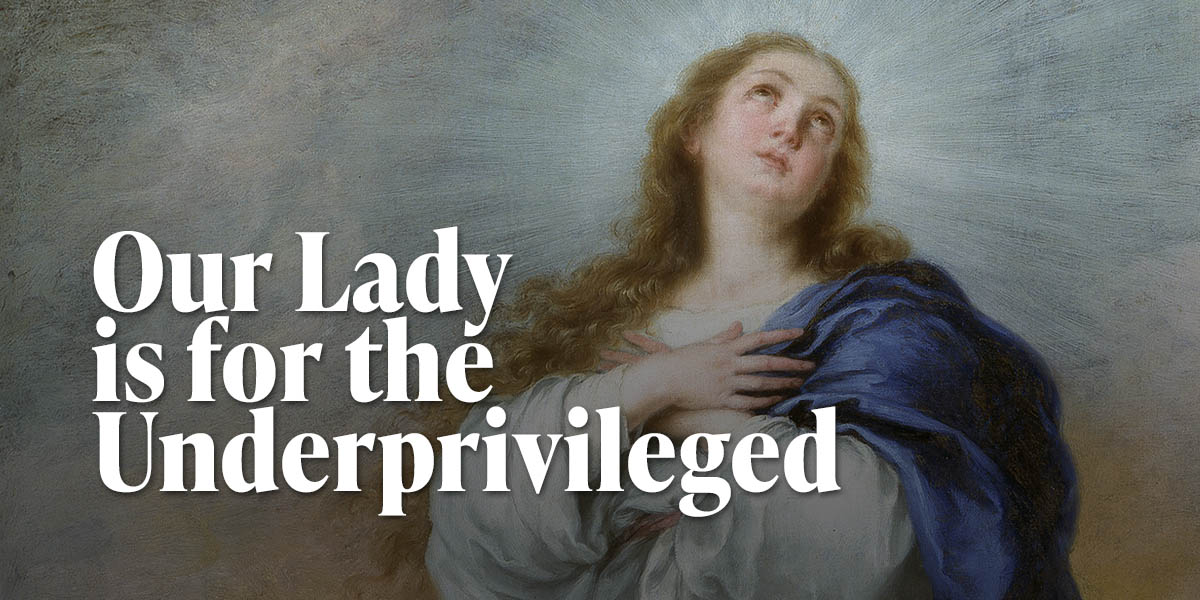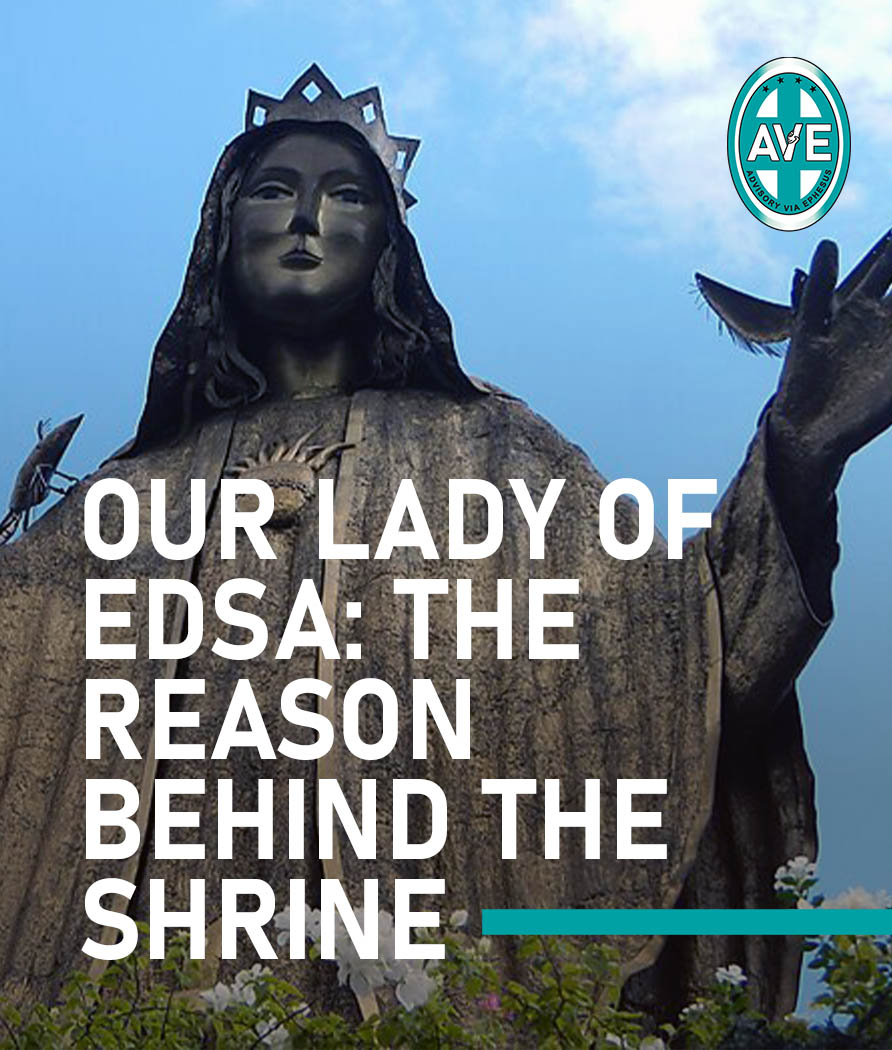1. “Father, forgive them, for they know not what they do.” (Luke 23:34)
This is the first of the last seven words of our Lord. He said this as the people around who hated the Lamb of God and mocked His wounded and bloody body. He said this in spite of His circumstances to show us the importance of forgiveness. A divine love is full of sacrifice and acts of Christianity. We can emulate the love that Our Lord has shown if we learn to love our neighbor, even if he is our enemy.
2. “Truly, I say to you, today you will be with me in Paradise.” (Luke 23:43)
These words enveloped the whole of Calvary in response to the petition of the thief who was also crucified at the right side of Our Lord. This thief who believed in Christ was St. Dimas, the first Flower of the Passion. All insults and ridicule were hurled at our Savior, and all evil was blamed on Him, not only by the Jews, but also by Gestas, the thief who was crucified at His left.
Evil ruled in the person of Gestas because even if in his dying moments, he was still insulting Our Lord. On the other hand, St. Dimas was very humble and repentant. The Lord teaches us to ask forgiveness for our sins as St. Dimas’s faith that he will be with the Lord at the time of his death. Let us imitate St. Dimas by confessing our sins and by repenting never to do it again.
3. “Woman, behold, your son. . . .Behold, your mother.” (John 19:26–27)
Darkness enveloped Mount Calvary, so that the people around could hardly be recognized. The Jews and Roman soldiers were still shouting. Mary Magdalene was also there, grieving. But even though Jesus’ face was covered in blood, He felt the presence of His mother, the Virgin Mary – a mother who truly loves Him. The time had come for His mother to be entrusted to St. John, and the Lord had spoken these words. That moment, St. John represented all people, all children, whom the Lord has entrusted to the Virgin Mary to be our guardian and to be our Mother as well. It is only right that we honor the Blessed Virgin Mary, our Mother, to whom the Lord Himself has entrusted us.
4.“My God, my God, why hast thou forsaken me?” (Matt. 27:46; Mark 15:34)
The suffering of Christ was so great. He was crucified like a criminal. He was crowned with thorns and all he heard were the taunts of those who hated Him. He felt the anguish of those who loved Him, especially His Mother. The Body of our Lord was so horrible because of the wounds and blood He has inflicted. But the suffering of Our Lord’s soul is greater than His physical pain. When He said “My God, my God, has you forsaken me?”, He showed us the evil effect of sin on the human soul. That moment, Jesus bore the sin of the world. Sin is what keeps mankind away from God.
5. “I thirst.” (John 19:28)
Jesus did not only experienced a physical thirst but a thirst of the soul – a thirst for love. Jesus was sent by the Father to redeem mankind and he accepted it wholeheartedly even though He knew that mankind’s hatred would be avenged on Him. He was humble until the time of His death on the Cross. He loved the agony of our salvation. So it is only right that we quench the thirst that our Lord by loving our neighbor without expecting anything in return.
6. “It is finished.” (John 19:30)
These words spoken by the Lord are the consummation of our salvation. He redeemed the whole humanity – all past and future mankind. Christ was the fulfillment of the prophecy of the coming Messiah.
7. “Father, into thy hands I commit my spirit!” (Luke 23:46)
In entrusting His spirit to God, we see the death of the New Adam, who without the stain of sin, saved us from sin. He died on Golgotha, right where Adam’s skull was located. Here the Lord also exemplifies the full faith we must entrust to God’s care at the moment of our death.
These seven last words of the Lord are an integral part of our Catholic faith. These words should not only be remembered during Holy Week, but should be practiced every moment with a smile. Because the fulfillment of the word is in the action.





